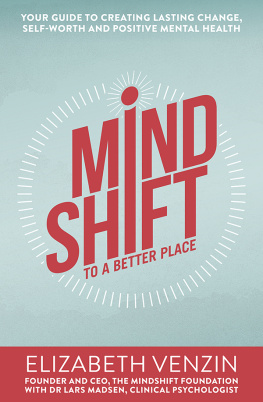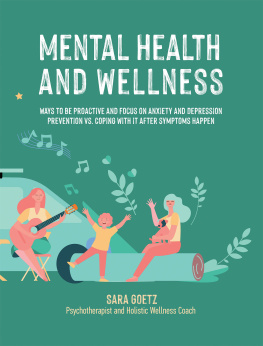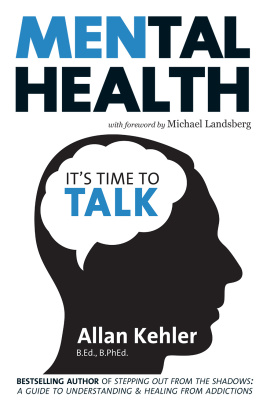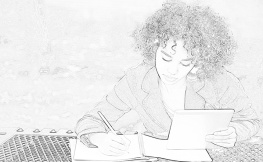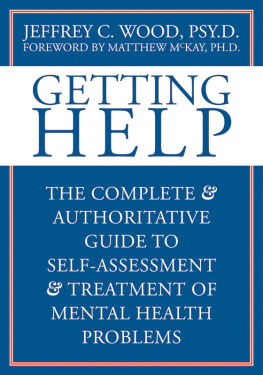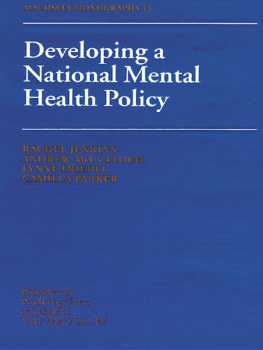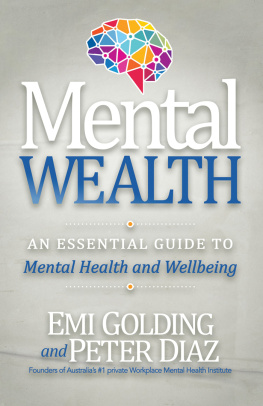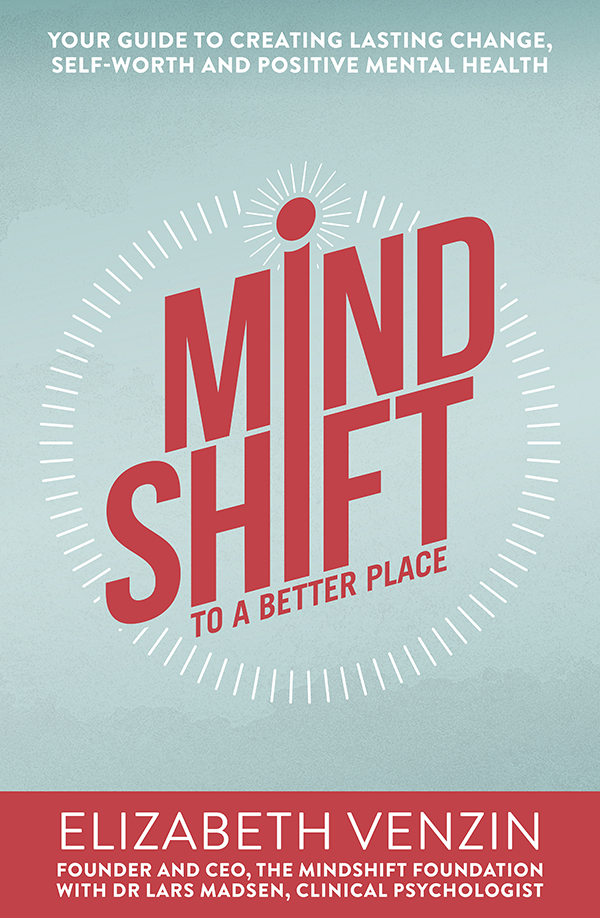Contents
Guide
For my children, Daniel and Giorgina
CONTENTS
In our busy and ultracompetitive world, it is easy to feel stressed and overwhelmed. Our sense of self-worth can so often go up and down on a daily basis, rising and falling in step with our latest success or failure. This emotional turmoil, if left unchecked, can so often lead to more serious psychological problems, drug and alcohol addictions, and sometimes even mental illness.
Fortunately, there is an alternative. By understanding these problems and gaining skills to recognise and care for yourself, you can become more emotionally resilient and experience greater levels of joy and contentment in your life.
MindShift to a Better Place is a wonderful resource for anyone wanting guidance on how to go about creating positive change in a practical and long-lasting way.
I hope the resources in this book and the clinical resources on The MindShift Foundation website (mindshift.org.au) can improve your life.
Dr Lars Bang Madsen
Forensic and clinical psychologist
Lead clinical advisor, The MindShift Foundation
In writing about my passion and dedication to promoting preventative mental health, I wanted to share something about myself and what led to the creation of the book youre holding. Its important for me to be open, so I want to share with you that Ive experienced debilitating anxiety as both a teenager and young mother, and I have suffered from bouts of depression throughout my life. I went through childhood with a mentally abusive father, and my life experiences havent always been happy.
My father was a Holocaust survivor who left Hungary after the Second World War and came to Australia via Israel. My mother was from London and also came to Australia after the war. Both my parents suffered terribly during the conflict and in subsequent years. However, in my fathers case, the abused became the abuser. My parents met and married in Australia, and over the years that followed my mother lost all her self-worth because of the effects of his behaviour, which was mostly characterised by dishonesty, control and infidelity. Their marriage seemed to have had more bad times than good, and when I think back to my teenage years, my memories of my mother all too often revolve around her being numbed out on Valium. The advice given by her doctor was that she needed the medication to keep herself calm. By this time, Id also experienced years of emotional abuse from my father. I understood why my mother felt the need to numb herself to the realities of her life. By the time I became a teenager, my anxiety had manifested in the form of panic attacks.
As I became an adult, there were periods when I was emotionally strong and able to achieve what seemed to be a normal life. I travelled as often as I could to discover the world, and one thing I always succeeded at was my professional career. By the age of thirty, I had married and had two children. Yet below the surface, life was becoming difficult for me again.
I was a young mother struggling with what had become a painful marriage. I lost myself somewhere along the way. I had neglected myself and my own needs, and I felt as though I had no voice in my own life. After 20 years of marriage our relationship ended, and it was followed by another relationship which lasted nearly 10 years. I had such high hopes for both of these major relationships. The work put into making them a success was important to me, but my mental and emotional health suffered along the way. At the end of both failed relationships I just felt worthless.
I struggled as I went through my relationship issues, and with the anxiety that followed. It was difficult to talk about mental health when I was a young woman I had no idea where to go or even how to understand the issues that confronted me. I had no awareness of what strong mental health was supposed to be. By the time my marriage ended, I had a basic understanding of what mental health encompassed. It was just starting to become a topic that was openly spoken about. When my second major relationship ended, I had a much deeper understanding of what I needed to maintain my mental health. However, when I look back, I wish there was a book like the one youre reading now that could have helped me through those painful times. I am extremely saddened by the fact that mental health was such a taboo subject in years gone by. You suffered alone.
Despite the knowledge I gained, the sad reflection I have is that it took me way too many years to gain the strength to walk away from my troubled relationships, and more years still to learn how to best look after my mental health and value my own self-worth. I didnt even really know what self-worth was, at least not in the way that I understand the concept now. If only I had realised then that my self-worth was a central pillar of my own mental health.
I often say to myself, If only I knew then what I know now. I know its a saying that we use all too often, and usually with the benefit of hindsight, but I truly believe that my painful life choices as an adult could have been prevented if I had only understood how my self-worth factored into the relationship choices I made. If someone had explained to me why my self-worth mattered, I know I would have made better and healthier choices for myself.
Thats why I now passionately believe that prevention education and awareness is important in all aspects of health. Knowing how to take care of ourselves, from our physical health to our mental and emotional health, is vital. Mental health education was sadly not a part of my upbringing, but times have changed. Nowadays, we can all have an understanding of our mental health and self-worth, and with education and knowledge learn how to become stronger and more resilient.
Over the years, I have learned that its not events external to us that have the most profound effect on who we are, but how we view our life and the inner belief we have in ourselves. This is what guides our journey. It has taken me many years to come to this important realisation. I had to experience a difficult childhood, two unsettled long-term relationships, and the effects of both depression and anxiety to finally understand how to best manage my mental health. Its been a difficult burden at times, but my experiences have made me realise how important it is to understand how self-worth affects quality of life.
This was one of the reasons why, many years later, I established The MindShift Foundation. We have a clear vision to help individuals, families, communities and workplaces recognise the importance of healthy self-worth; encourage preventative mental health intervention; and offer support to the community through awareness campaigns, resources and public discussions.
Its also because of our vision to help others that we offer evidence-based information on self-worth, healthy wellbeing and positive mental health. Our website (mindshift.org.au) is full of resources, as is this book. My role as the CEO of a preventative mental health charity has given me access to some of the most respected professionals in the mental health community. The knowledge gained from these psychologists, doctors, policy-makers and academics, supported by evidence-based research into self-worth and preventative mental health, has led to the book youre reading.
We all know that life is full of challenges and triumphs, of ups and downs, and if youre just starting to discover your true self there are challenges ahead. I certainly had these challenges and still do. In todays world there are many stressors that can cause us to doubt ourselves and, as doubt creeps into the mind, I cant do that or I will never overcome this become mantras that are harder and harder to dismiss. How often do you think, If only I believed in myself? How often do you act on that question and

